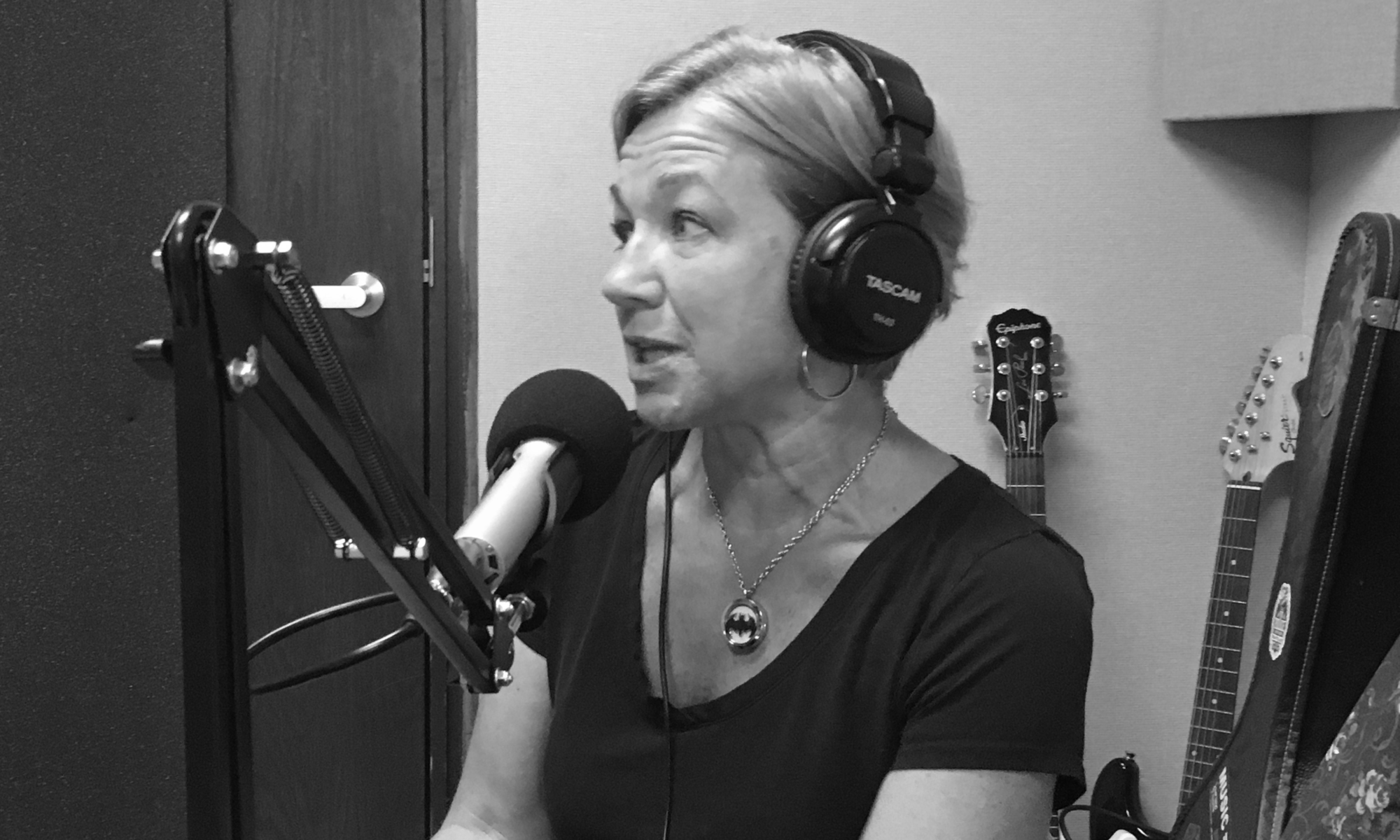How To Make a Podcast Solo Episode Sound Natural
A great way to think of a solo episode is to frame it in the context of an interview. But in this case, the host is interviewing themselves! This makes for an engaging conversation.
Each episode should clearly state the topic.

The topic is often an issue or aspiration the listener commonly considers. The topic should be explained in the context of a story e.g once upon a time the re was a problem or desire, due to various issues, the solution couldn’t be found, somebody (a client or maybe yourself) decided to try something, and this is what happened. Maybe everyone lived happily ever after, maybe not.
In any regards, stories are compelling and suck the listener in. Conversational and personal are the keys to connecting intimately with the listener. Here are some example questions.
Example Questions for Solo Episodes
Rhetorical questions are a great way for a host to initiate a conversation in a story framework. Picture in your mind starting off the conversation asking ….
-
- “You’re probably wondering why ……..”
- The other day I was asked……”
- I was talking to someone last week and they asked why ……”
- I was driving the other day and started wondering …. “
- Have you ever wondered …… “
- Let me tell you about something I’ve been thinking a lot about lately …… “
- I just read something the other day and it said ….. “

Brainstorm 5 open ended questions, specific to the topic. Review the guest interview questions and use them as a guide for your own solo episode.
After asking and answering one question, move to the next question. Keep the momentum and keep moving. For a 30 minute podcast, you can typically ask five deep questions. It doesn’t hurt to have extras in case you’re able to answer a question tightly and concisely.
Summation
When all the solo episode questions have been asked and answered, sum up the conversation into three actionable bullet points. Count off the points to keep the listener on track of the issues. Repetition is good when it comes to audio. Assume the listener is NOT listening with a pen in hand (or keyboard).
Have a call to action:
-
- Subscribe to the podcast
- Tell your friends to listen
- Please mention us on social media
- Go website
- Download our free giveaway
- Give us a call at xxxxx, we can answer any question you might have.
Conclusion for Solo Episodes
Create a great headline optimized for search based on your brand and needs of the target client. A great way to think of a solo episode is to frame it in the context of an interview, but in this case, the host is interviewing themselves! This makes for an engaging conversation.
Good luck.


